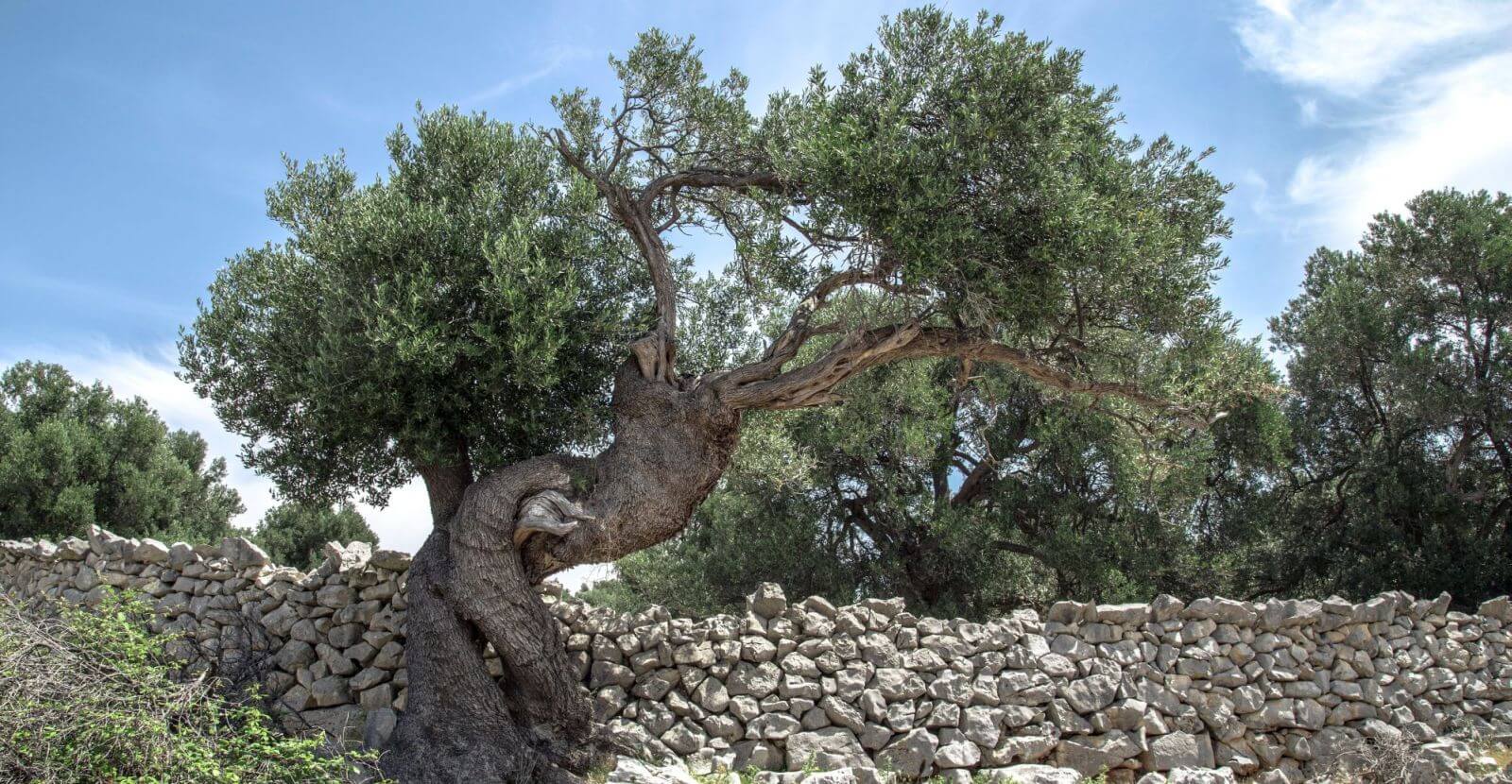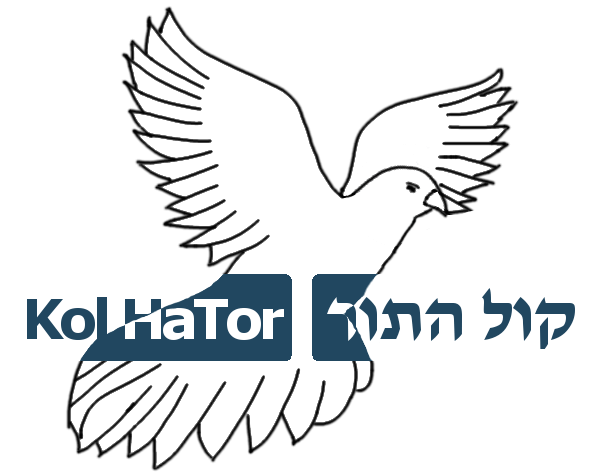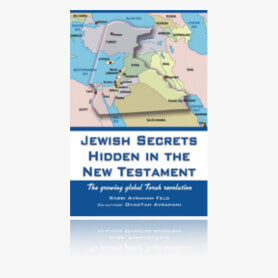Commentaries and Articles
Commentaries and Articles
The following articles present interesting information about
- the split of the nation of Israel into two opposing factions,
- the resultant exile and their whereabouts and influence,
- their Return to the Land of Israel,
- their Reconciliation of the two divided Houses of Israel,
- Re-Identification and complications and
- matters relating thereto
You can browse or select a category:
- 1. Bereisheet
- 1.1. Bereisheet
- 1.10. Mikeitz
- 1.11. Va'yigash
- 1.12. Va'yechi
- 1.2. Noach
- 1.3. Lech Lecha
- 1.4. Va’yerah
- 1.5. Chayei Sarah
- 1.6. Toldot
- 1.7. Va'yetzey
- 1.8. Va'yishlach
- 1.9. Va'yeshev
- 10-Israel Source
- 2. Shemot
- 2.1. Shemot
- 2.10. Va'yakhel
- 2.11. Pekudei
- 2.2. Va'eirah
- 2.3. Boh
- 2.4. B'Shalach
- 2.5. Yithro
- 2.6. Mishpatim
- 2.7. Terumah
- 2.8. Tetzaveh
- 2.9. Ki Tisa
- 3. Va'yikrah
- 3.1. Va'yikrah
- 3.10. Bechukotai
- 3.2. Tzav
- 3.3 Shemini
- 3.4. Tazriah
- 3.5. Metzorah
- 3.6. Acharei
- 3.7. Kedoshim
- 3.8. Emor
- 3.9. Behar
- 4. Bamidbar
- 4.1. Bamidbar
- 4.2. Naso
- 4.3. Behaalotecha
- 4.4. Shelach
- 4.5. Korach
- 4.6. Chukat
- 4.7. Balak
- 4.8. Pinchas
- 4.9. Matot
- 5. Devarim
- 5.1. Devarim
- 5.10. Ha'azinu
- 5.11. Vezot Habracha
- 5.2. Va'etchanan
- 5.3. Eikev
- 5.4. Re'eh
- 5.5. Shoftim
- 5.6. Ki Teitzei
- 5.7. Ki Tavo
- 5.8. Netzavim
- 5.9. Vayelech
- About KHT
- Audio
- Blog
- Commentaries
- End Time
- Ephraim
- Israel
- man-made laws?
- More about Judaism
- Moshe
- Music
- Newsletter
- Parashah
- Practical Life
- Reconciliation
- Return
- Return 2
- Return and Ingathering of the Lost Ten Tribes of Israel
- Samaria
- Scripture Search
- Survive
- The Mashiach
- The Shechinah
- The Third Temple
- Torah Revolution
- Videos
- Videos

Co-incidence or Hidden Mystery protruding from Haftarah of Ki Tavo?
Though this preview in our Haftarah Isa. 60 (which is all about the Final Redemption) is credited to the Arrival of Mashiach, there is no such mention of a Mashiach in this Haftarah…

The Wedding of the Ages!
“Amongst all the negative fallout of 9th Av, when the Nation failed in courage to enter and possess the Promised Land, yet, these consolations hold a Great Forecast. HaShem promises the Greatest festivity of all Time for the descendants of these very same people, the ‘Nation of Israel’, in a Marriage Festivity which will betroth them to Him forever!

The expanded ‘democratic’ circumference of the Second Redemption and the need for Re-covenanting
The Almighty enters into a third covenant during Moses’ lifetime as an affirmation of the truth that despite the backsliding of Israel, their covenant with their God who is always ready to accept their repentance remains eternally validated. The significance to this third Covenant and the manner in which it clearly differs from its predecessors – is its democratic element. Every single Israelite is summoned and included, the heads of the tribes… the little ones, wives, even the stranger who is in the camp, the hewer of wood and the drawer of water” (Deut. 29:9–10).

The ultimate Consolation – The Royal Wedding
Rabbi Mendel Dubov, Chabad ReferAlso – Text commentary

The Coming New World Order – Universal Kingdom of God
Conclusion of the Torah
This is the 3rd last Weekly Torah Reading before the concluding of the Torah in Deut. Chapter 34. We have come to the end of the Annual Cycle in which the Torah is reviewed in 52 weekly sections. We have reached the End of the Torah as compiled by Moses to whom HaShem has entrusted the transferring of His Torah to His Nation and through them to the World. The Torah contains the terms and conditions of the Covenant which HaShem has concluded with His Nation, comparing to the terms Marriage Contract with His Bride, His Nation which will form the foundations of His Universal Kingdom ruling over all nations.
It is therefore a good time to review the link of the Torah to the entire Bible as the World has it today, which is claimed by its readers to represent the Word of God. We will also investigate the inclusion in the Bible of what amounts to be the ‘Oral Testimonies’ of the Messianic Movement which developed into the ‘Christian Bible’.
Our review of ‘The Bible’ will evaluate the overall effect of ‘The Bible’ in regard to the formation of the Universal Kingdom of Peace of the God of Israel which, according to Judaism, will result from the Final Redemption to take place at the conclusion of the End Time (which is generally believed to be the Time we are now entering into).

Parasshat Ha’Azinu Commentary by Rabbi Riskin
“Elijah the Prophet and Understanding the Changes of Every Generation” – Rabbi Shlomo Riskin on Parshat Ha’azinu

Yom Kippur – and entrance to the Kingdom Malchut HaShem
So, what was Yom Kippur all about today (9 Oct. 2019 – and every year?
Teshuvah, self-introspection, new hope, new vision, new convictions and new resolutions and new pledges.
For what purpose? To enjoy a happier more successful year 5780? Or is there something greater behind it all?
Is Yom Kippur only about Teshuvah, making right with HaShem and those around us whom we have failed – or is there something more of which this Sacred Day is a metaphoric, emblematic symbol or foresight?

Why does the Haftarah for Shabbat Succot place a damper on the Joyful season of Succot?
The special festive Succot Haftarot convey a great Message as part of the entire 7th Month Redemptive Feast metaphors:
– on the 1st day of Succoth, from Zech. 12 & 14 – the Gog Magog Final War of Wars and on the Shabbat of Succoth, from Ezek. 38 & 39 – Gog Magog War.
The question now arises: Why such a damper on the Joyful Festive Marriage Celebrations of Succoth?

New Year resolution 5780: Final preparation for the Royal Wedding
The context of Haftarah Bereisheet indicates a Covenant relationship (Brit) with the Creator. The Divine declaration of this Haftarah claims the ‘Messenger of HaShem’ to be representing (thus being part of) that Brit. And logically, the Call should therefore be to a de-covenanted People to become part of or be restored to that Covenant. The question now arises whether this ‘Messenger’ refers to a de-covenanted Judah (who has never yet been de-covenanted by the God of Israel) or to the House of Israel (which has indeed been de-covenanted when the Kingdom of Israel split in two in the Time of Solomon’s rule). Or, does it refer to ‘someone’ else, like the Prophet Isaiah who is addressed in this Haftarah, or the ‘Messiah’ (as Christians would claim)?

What to strive for in 5780 and hence…
“And God said, let there be… And there was… and God saw that it was good.”
Thus unfolds the most revolutionary as well as the most influential account of creation in the history of the human spirit.
In Rashi’s commentary, he quotes Rabbi Isaac who questioned why the Torah should start with the story of creation at all. Given that it is a book of law – the commandments that bind the children of Israel as a nation – it should have started with the first law given to the Israelites, which does not appear until the twelfth chapter of Exodus
In case of problems with registering your subscription please Use ‘Contact Us’ on the Menu for assistance
This book reveals the ‘hidden Secrets of Judaism’s invincibility’. These vibrant, spiritual life-giving formulas have been uncovered from the New Testament…
Read More


